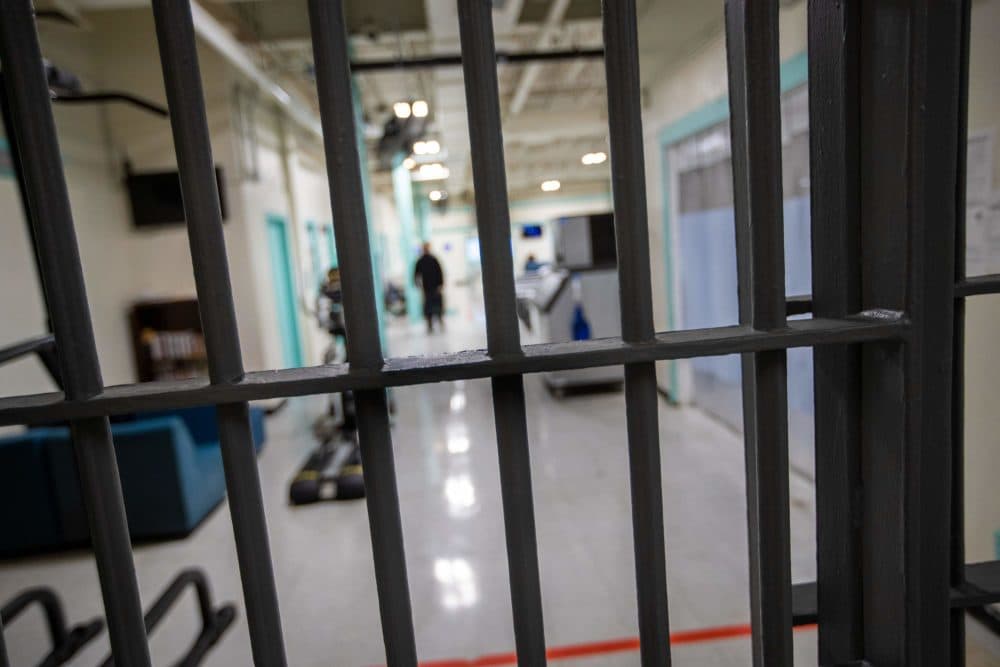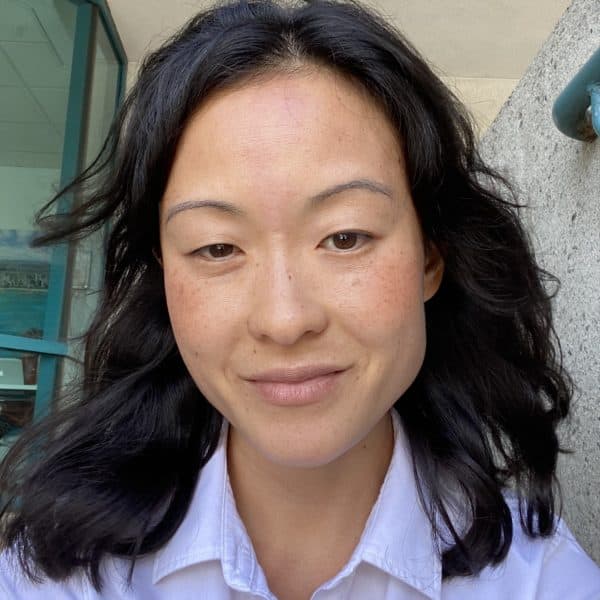Advertisement
Lawsuit alleges incarcerated young adults are deprived of special education services

A lawsuit filed in Middlesex Superior Court on Tuesday alleges that the state Department of Elementary and Secondary Education has failed to adequately provide or oversee required special education services to eligible students housed in county correctional facilities.
Incarcerated students with disabilities who have an individualized education program, or IEP, are offered "only minimal services" by DESE in county jails and are routinely under-identified as eligible for special ed services, according to the complaint.
The suit is brought by EdLaw Project Committee for Public Counsel Services — a division of the statewide Public Defenders Offices — and Mental Health Legal Advisors Committee on behalf of three incarcerated individuals ages 18, 20 and 21 who are housed in Norfolk, Plymouth and Essex County jails and identified only as "John Doe." Their IEPs indicate emotional disabilities and need for speech language therapy, among other things.
"DESE leaves it to local school districts to provide everything else set out in IEPs and does little or nothing to ensure that [houses of correction] staff and local schools actually discharge the assigned duty," the complaint states. It contends the department is running afoul of a state statute mandating it provide such instruction.
In an emailed statement late Tuesday, a spokeswoman for DESE said the agency "will review the lawsuit and is committed to seeing that all students with disabilities receive the services they deserve.”
The action as a whole seeks to represent a statewide class of young adults ages 18 to 22 who are serving time in county jails and have IEPs but are not receiving the panel of services to which they're entitled under state law. The projected class is expected to number in the hundreds.
A 2022 report by a Massachusetts' advocacy group Citizens for Juvenile Justice estimated that houses of correction under-identified close to 200 young adults who had IEPs between 2018 and 2020.
Though about half of those housed in the Department of Youth Services receive special education services, only 2% of the 18- to 22-year-olds in the county jails — or 12 students across the 15 houses of correction — received such services as of February, according to the lawsuit.
"We've been representing students in individual cases, and we have just seen that all of those efforts are not enough to make the kind of change that is necessary. That is why we have moved forward with a class action lawsuit," said Elizabeth Levitan, an attorney with the EdLaw Project Committee.
No clear system exists to identify incarcerated youths with IEPs, the complaint states, with the burden often falling on students themselves to inform correctional facility staff. Instruction that is offered to students typically consists of a "depleted" curriculum of math and reading tutoring capped at two hours a week, while a limited staff of "2.4 full-time equivalent teachers" is responsible for delivering special education across all 15 houses of correction in the state, per the lawsuit.
The denial of special education services to incarcerated young adults will reduce their chances of completing high school and limit their employment opportunities down the line, increasing exposure to poverty and mental health challenges, the suit claims.
Massachusetts law requires special education services be available to all eligible students with disabilities up until they turn 22. In the decades following a 1981 Massachusetts' federal court injunction in a similar complaint, DESE provided direct special education services to incarcerated young adults by employees certified in the field. But in recent years, the department began turning to local school districts and contracted with a nonprofit educational service agency to provide services, according to plaintiffs' lawyers.
"They [DESE] were not providing [services] directly. And that's where sort of everything really fell apart for these students," attorney Levitan said. "They promulgated regulations that limited their responsibility and placed much of the responsibility on the school districts."
"Our position is that the language of the legislation is very clear and that it's DESE's responsibility to provide the special education services, but at a minimum they need to be making sure that they happen, and they're not doing either one of those things," Levitan added.
The complaint calls for DESE to create and implement a system to better identify incarcerated young adults with IEPs; to provide special education services consistent with their IEPs; and to provide all special education students in county jails at least 27.5 hours a week of general curriculum instruction.
In October, the state education department came under federal investigation for its oversight of special education programs, including whether it properly investigates complaints about the quality of instruction for students with disabilities in local school districts.
